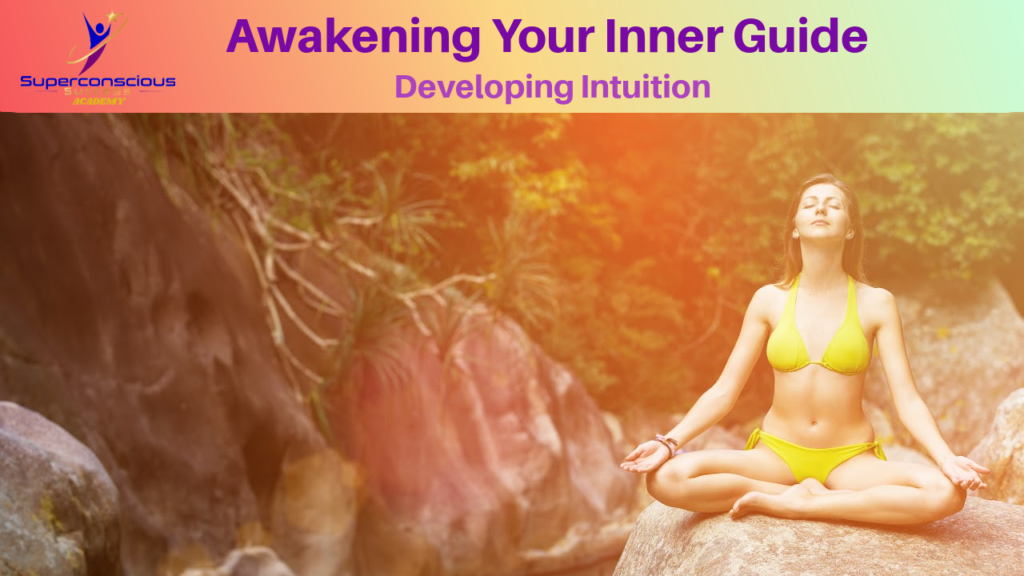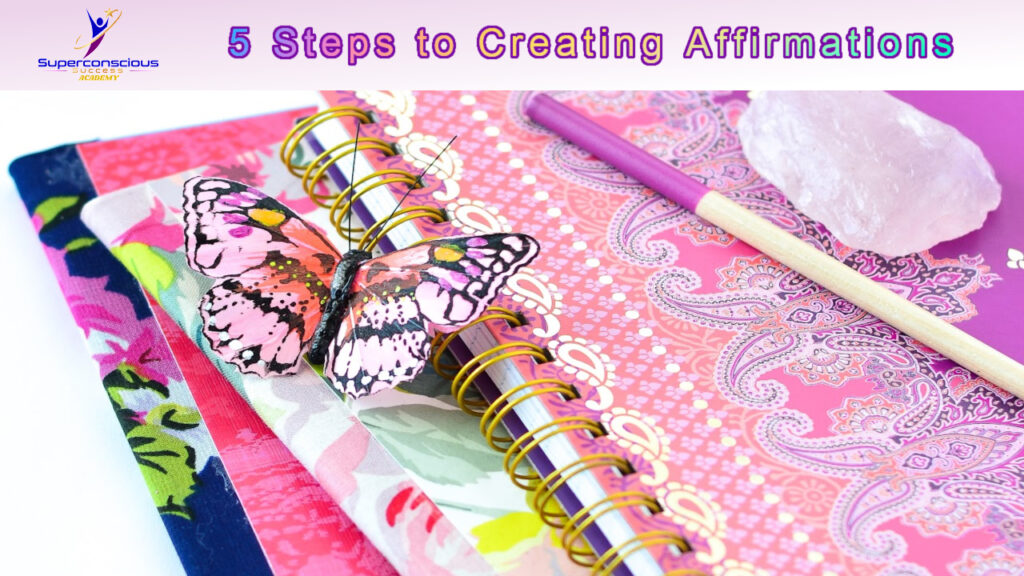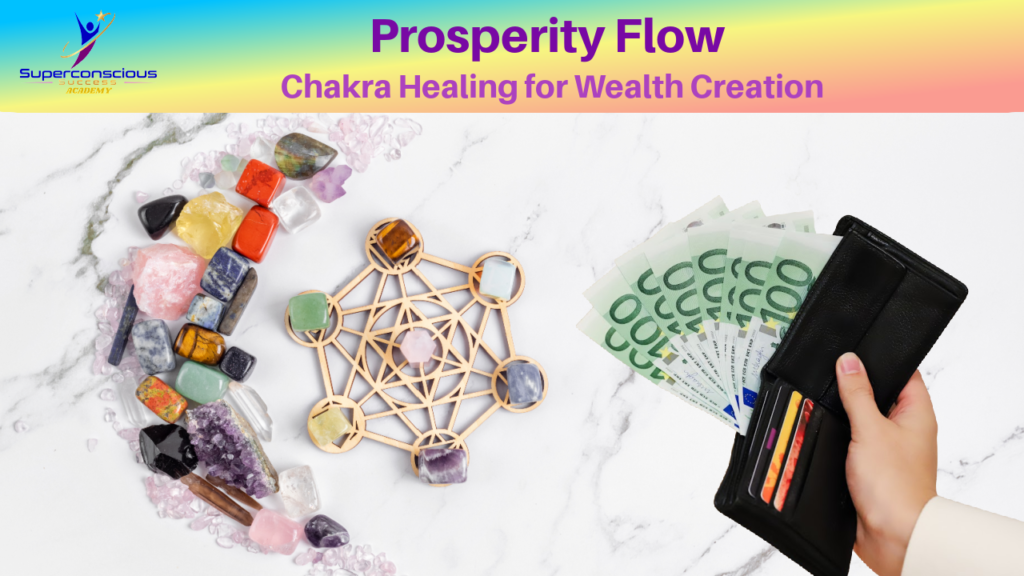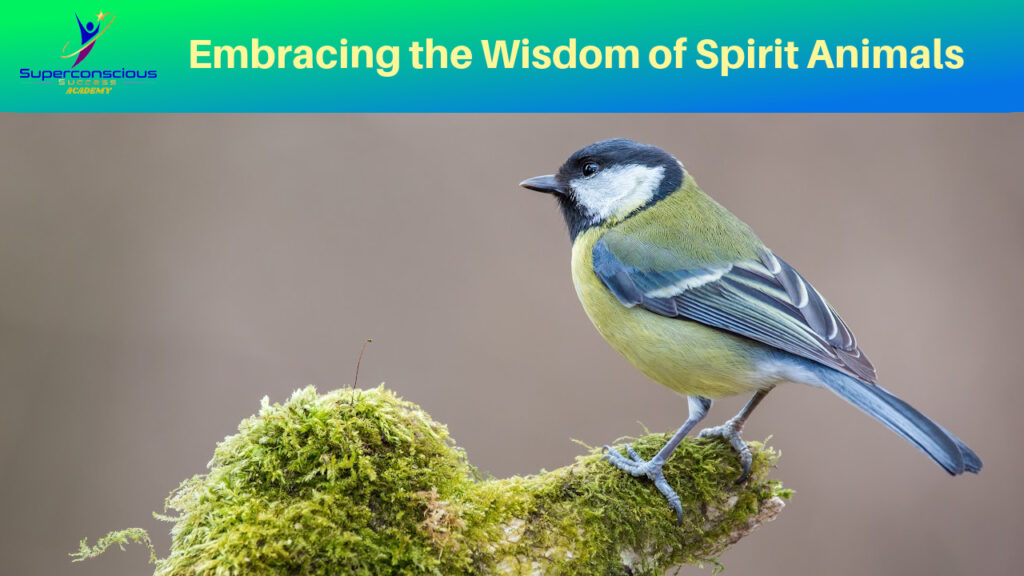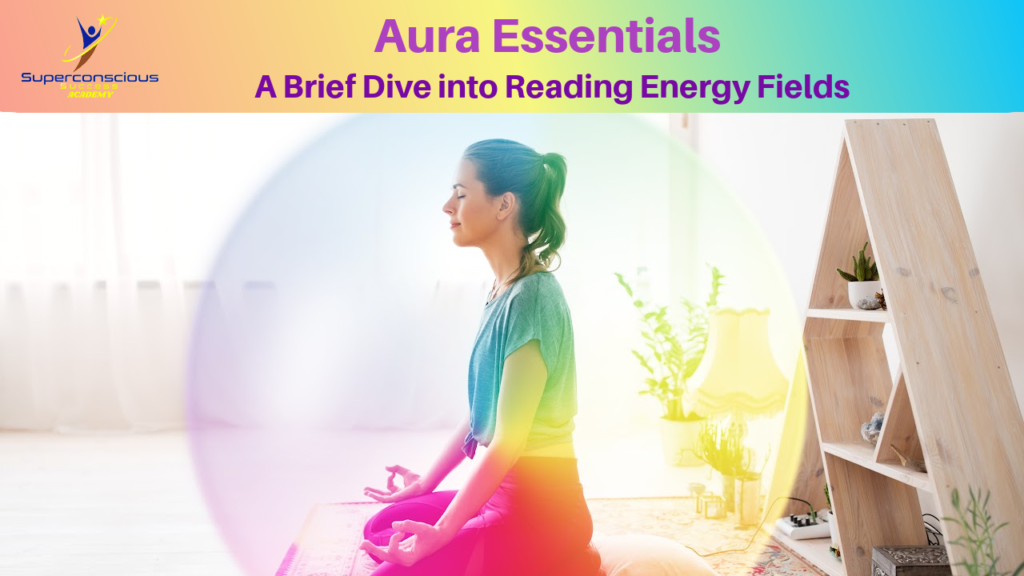
In this blog post, we’re taking you on a journey into the transformative practice of meditation. You’ll discover the rich history of meditation, its various forms, and the profound benefits it offers to your mind, body, and spirit. Whether you’re completely new to meditation or looking to deepen your practice, this guide will equip you with the foundational knowledge and techniques to start your meditation journey with confidence. From preparing a peaceful space to exploring basic meditation methods, you’ll learn how to cultivate mindfulness, reduce stress, and enhance your overall well-being through this ancient practice.
Page 1
Page 2
Additional Information
Introduction to Meditation
Hey there! Let’s dive into the wonderful world of meditation. This practice has been cherished by various cultures for thousands of years. Originating from ancient spiritual and philosophical traditions, meditation has gradually blossomed into a versatile practice with numerous forms and techniques. Moreover, each form offers its own unique benefits. At its core, meditation is about focusing your mind and cutting out distractions to achieve mental clarity and emotional calm.
Meditation has deep roots in ancient Indian traditions, especially within Hinduism and Buddhism. From there, it eventually spread to other parts of Asia, such as China and Japan. Additionally, it became a key part of Taoist and Zen Buddhist practices. Nowadays, meditation is embraced worldwide, as it transcends cultural and religious boundaries. Furthermore, it has been adapted to fit our modern lifestyles, making it accessible to everyone.
There are so many types of meditation to explore. For instance, mindfulness meditation involves staying present and non-judgmental about your thoughts and feelings. It’s great for reducing stress and anxiety. Additionally, transcendental meditation uses a specific mantra to help you relax deeply. On the other hand, guided meditation involves following a guide through visualizations or instructions. In fact, each type promotes relaxation and mindfulness in its own way.
Furthermore, the benefits of meditation are well-documented. They touch on mental, emotional, and physical health. Mentally, it reduces stress and anxiety, giving you peace and tranquility. Additionally, it improves concentration and focus, helping you tackle daily tasks. Emotionally, meditation boosts your sense of well-being by fostering positive emotions while reducing negative ones. Physically, regular meditation can lower blood pressure, improve sleep quality, and strengthen your immune system.
In our fast-paced world, where stress and distractions are everywhere, meditation offers a valuable tool. It helps maintain balance and promotes overall well-being. For beginners, getting to know the different types of meditation is the first step. This understanding will help you gradually integrate this transformative practice into daily life.
Preparing for Your Meditation Practice
Starting your meditation journey is all about creating a cozy, distraction-free environment. First, pick a quiet spot in your home. This space should be free from clutter and distractions. Next, add calming touches like soft lighting, soothing scents, or a comfy cushion to enhance your experience.
Additionally, setting up a regular meditation schedule is crucial. Aim to meditate at the same time every day. Morning or evening sessions are ideal. Begin with shorter sessions, around 5-10 minutes, and gradually increase the duration as you become more comfortable.
Moreover, wear loose, comfortable clothing that lets you sit or lie down without restrictions. The goal is to minimize physical distractions.
Equally important, mental preparation is just as crucial. Set clear intentions for your practice. Remember, the goal isn’t to achieve a specific outcome. It’s about observing and accepting your thoughts and feelings. Progress may be gradual, so practice patience and self-compassion.
By creating a peaceful environment and establishing a routine, you’re laying the foundation for success. This preparation helps you transition smoothly into the practice and fosters a deeper connection with yourself and your surroundings.
Step-by-Step Guide to Basic Meditation Techniques
Ready to get started with meditation? Here are some basic techniques to help you cultivate mindfulness and inner peace.
- Breathing Exercises: First, find a quiet space, sit comfortably, and close your eyes. Focus on your breath as you inhale and exhale deeply. Start with five minutes and gradually increase to 10-15 minutes. Keep a straight posture, with your hands resting on your knees. If your mind wanders, gently bring your focus back to your breath.
- Body Scan Meditation: Lie down or sit comfortably, close your eyes, and take a few deep breaths. Starting at the top of your head, slowly move your attention down through your body. Note any sensations or areas of tension. Spend about 20-30 seconds on each body part. This practice can last between 10 to 20 minutes.
- Mantra Repetition: Choose a simple word or phrase to repeat. It can be “peace” or “calm.” Sit comfortably, close your eyes, and begin to repeat the mantra. Focus on the sound and vibration of the mantra. Start with 10-minute sessions and gradually extend the duration.
- Mindfulness Meditation: Sit comfortably with your eyes closed. Focus on your breath and observe thoughts, feelings, or sensations. Notice without getting attached or reacting. Aim for 10-15 minute sessions initially.
Additionally, here are some practical tips: To stay focused, find a consistent time and quiet place for your meditation. Use a timer to avoid checking the clock. If restlessness or intrusive thoughts occur, acknowledge them. Then gently return to your focus. Regular practice, even for short durations, improves concentration and inner calm.
Maintaining and Deepening Your Meditation Practice
Sticking with a regular meditation practice can indeed be challenging. However, with the right strategies, you can effectively make it a part of your daily life. To begin with, start with short, frequent sessions. Dedicate just five to ten minutes each day, and gradually increase the duration over time. Consistency is key; therefore, it’s essential to meditate at the same time each day to build a routine.
Furthermore, meditation apps can be extremely helpful in staying committed. These tools offer guided sessions, reminders, and tracking features, which can significantly enhance your practice. Popular apps like Headspace, Calm, and Insight Timer provide a variety of meditation styles and levels, making it easier to find what works best for you.
Patience and persistence are crucial in this journey. Progress may be slow and non-linear. Additionally, keeping a meditation journal can offer immense benefits. By noting any challenges, breakthroughs, or changes in your state of mind, you can gain valuable insights and encourage personal growth.
As you advance, it’s important to explore additional resources. Books like The Miracle of Mindfulness by Thich Nhat Hanh and Wherever You Go, There You Are by Jon Kabat-Zinn are excellent starting points. Moreover, online courses and local meditation groups can provide structured learning and community support. Engaging with a community of meditators, in particular, offers encouragement and the opportunity to share experiences.
Ultimately, meditation is a personal and evolving journey. By integrating these strategies and resources, you can maintain a regular practice that leads to profound benefits in mental clarity, emotional balance, and overall well-being.
Explore our Offers
Explore our podcast episodes on spirituality and personal growth, and join our FREE TUWC Family Membership for exclusive content and connections. Visit our About Page to learn more about Super Conscious Success. We’re excited to introduce our sister sites, each focused on different aspects of holistic wellness. The Self Empowered Empath supports empaths with emotional and mental health, Ask Naturopath Jen offers physical health and holistic wellness tips, and Tri-Unity Wellness Collective provides personalized coaching. Plus, explore TUWC Academy for diverse courses across five mini academies, including spiritual health, emotional wellness, physical health, conscious parenting, and spiritual entrepreneurship.
Additional Posts/Resources
Top 3 Breathwork Techniques for Beginners(Opens in a new browser tab)
Embrace Stillness: 10 Minutes of Daily Meditation(Opens in a new browser tab)
7-Day Beginner’s Meditation Workbook
This free, downloadable guide is designed to gently introduce you to the transformative practice of meditation. Each day, you’ll explore simple yet powerful techniques, from mindful breathing to guided visualization, all crafted to help you establish a consistent and calming routine. With daily exercises, reflection prompts, and practical tips, this workbook is the perfect companion for anyone ready to embrace mindfulness. Start your meditation journey today and experience the benefits of a peaceful mind and a balanced life.




